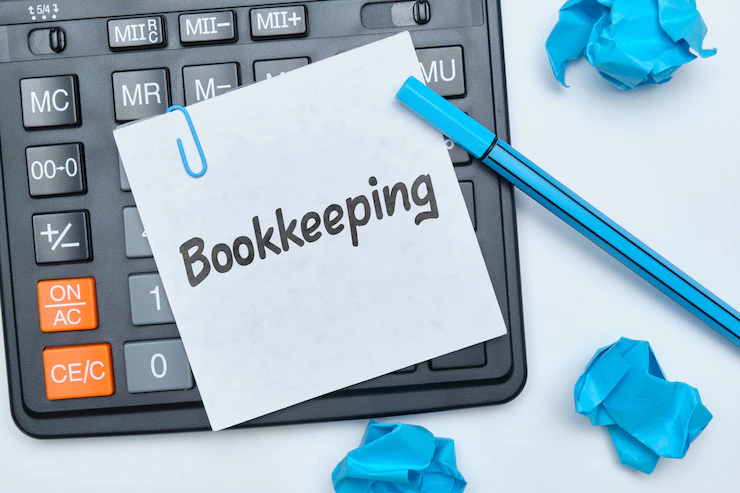Small Business Owner? Here Are Some Bookkeeping Don’ts
by Arnab Dey Business Development 11 November 2022

Yes, as a business owner, you have to be 10 people in a day, but if one of them is a bookkeeper, staying on top of your job is vital to your business’s success.
If you’re not a bookkeeper by nature, it can be easy to fall into bad habits; and that’s what this post is about, the dangers of bookkeeping don’ts.
Before getting into what not to do when bookkeeping for your business, one thing you should absolutely do is hire a business accountant to look over your books, prepare your taxes, and/or put together crucial financial statements that will give you the insights you need to make the right business decisions that improve your business’s performance.
That being said, if you’re doing any of the following, take some time off to get your books back in order before they get out of hand.
The Shoebox Of Receipts

While you understandably get busy with all you do in a day, and there’s nothing technically wrong with throwing all your receipts in a shoebox (or anywhere else) until you have time to address them properly, you know that unless you force yourself to sit down and enter each receipt and invoice into your accounting software and file away your paperwork in an organized way, it will never happen because you will always be too busy.
Days of neglect become weeks become months, and so on. Not only is failing to maintain adequate records an offense under Canada’s Income Tax Act, but if your books aren’t up-to-date, then you aren’t creating financial statements that tell you the financial health of your business. For all you know, your business could be losing money. More on this in the next section.
Other related bookkeeping don’ts include:
- Not keeping receipts for all expenses
- Not recording petty cash expenses accurately when they’re incurred
- Not putting money aside for taxes and GST/HST
- Not having a separate account for GST/HST
- Mixing personal and business finances
Not Creating Financial Statements

Every business owner, regardless of what industry they are in, must unequivocally know the financial health of their business. If you’ve tried researching how to create financial statements like balance sheets, income statements, and cash flow statements and can’t figure it out or don’t know how to interpret the data, that’s ok; that’s what accountants are for.
In fact, even if you think you know what you’re doing when it comes to financial analysis, it’s still best to consult an expert, even occasionally.
As a business owner, you earn a living as an expert in your field and understand the value an expert provides to their clients. Knowing if your business is financially healthy is just the first step. The right insights from the right statements are always needed to make financially-sound decisions that grow your business.
Bookkeeping Only Occasionally

As alluded to above, not bookkeeping regularly is bookkeeping don’t.
Not paying your bills and taxes on time can cost your business unnecessary extra expenses. If you’re not bookkeeping regularly, you’re also not finding mistakes on your bills or invoices, and you miss out on discounts for early payments and pay more unnecessary expenses in invoice late fees. Finally, if you’re not on top of your receivables, you risk running out of cash.
Read Also:



































































































